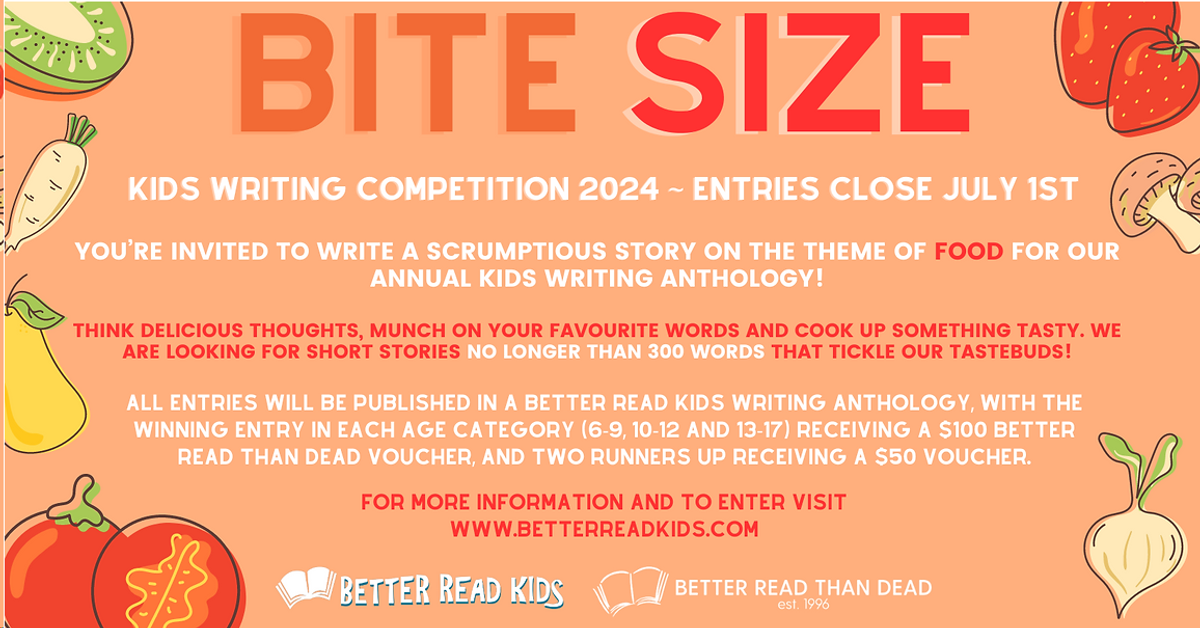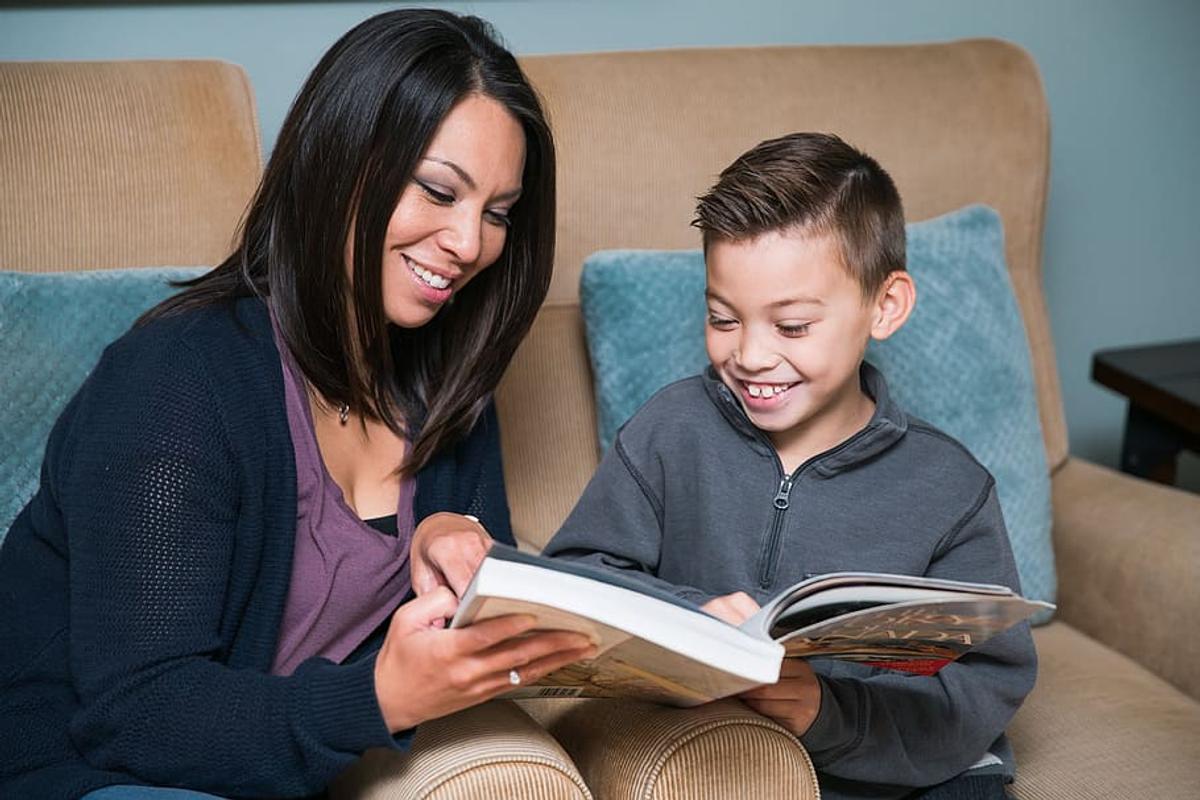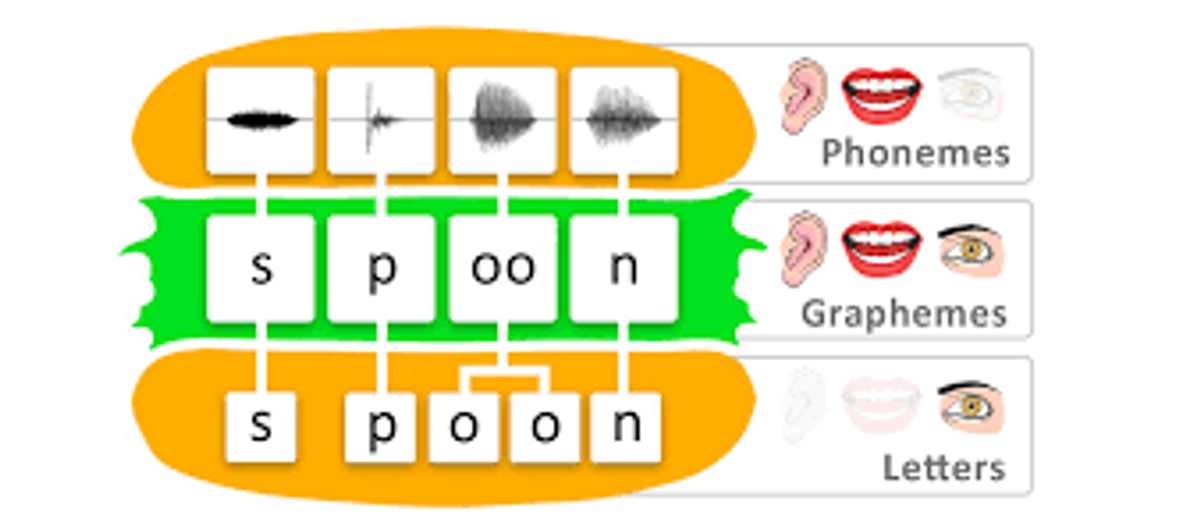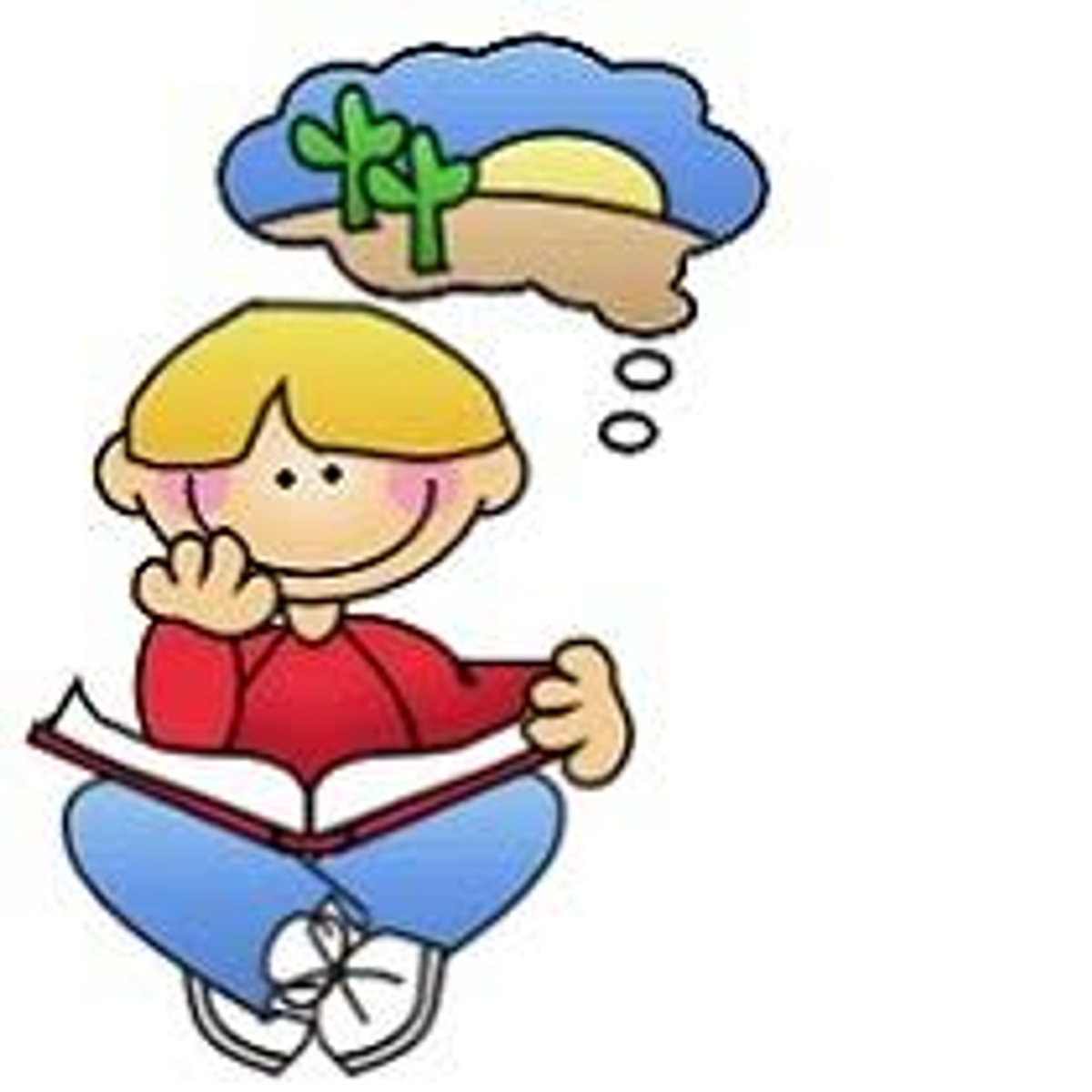Diverse Learning

Holiday Writing
Looking for a school holiday activity? Why not start writing an entry for the following:
The Competition
Your Mission: To write a short story on the theme of food, no longer than 300 words.
Your Deadline: Entries to the competition close on July 1st, 2024.
The Prizes: All entries will be published in an anthology, with prizes for the winning entry in each age category.
The winning entry in each category (6-9, 10-12 and 13-17) will receive a $100 Better Read Than Dead voucher and two runners-up in each category will receive a $50 voucher.
How to Enter: Follow the link below to submit your entry. Entries are limited to one per person. Please submit your entry as a WORD DOCUMENT. If you need assistance with how to do so, please email us at kids@betterread.com.au.
Ready to Submit?
Wahoooo, let's go! Please click the button below to submit your short story. It'll take you to a separate webpage where we'll ask for your details and show you where to upload your piece. Please remember to submit it as a WORD DOCUMENT!
Mrs Jo Ford | Newman Facilitator
How To Support Your Child’s Reading At Home
Scientific research has shown that the best way to predict whether or not a child will be a good reader at school is whether or not their parents read to them regularly at home. That is why it's important to set aside 10-20 minutes at night to read with your children. Research also shows that the best way to support your child's reading is to have them read to an adult for 15 to 20 minutes a minimum of 4 days a week.
Most children with learning difficulties find reading hard. This can be especially frustrating for them when they realise that they are slipping behind other children in their class. The students who are not reading as well as their friends may start to feel like they are not as smart and lose their self-esteem and motivation to learn.
Ways to help your child's reading at home…
- Always tell your child the title of the book that you are reading together. This will help to clue them into what the story will be about. It will also give them clues about the types of words they might find. For example, a book called “Snakes and Other Reptiles” Is much more likely to have the word” “lizard” than the word “lemon”.
- When your child comes to a word they don't know:
- Ask them “ What do you do when you come to a word that you don't know?”. This will help them to remember the different strategies they can use.
- Give them about 5 seconds to have a look at the sounds in the word before giving them a hint.
- Say the first sound. There is a difference between the first sound in a word and the first letter in a word. Example, in the word ”deer” the first letter is “dee” but the first sound is”d”. If your child tells you the first letter in a word then encourage them by saying “ Yes, it’s a ”dee”. “ Do you know what sound a “dee” makes?” ”That's right it makes a “d” sound.”
- Sound out the whole word. As children become more aware of the sound that letters make they usually feel confident to try this strategy. If not, encourage your child to sound out words and to put the sounds together to make words (you might have to sound out the word for them). E.g. The word “ sand” is sounded out as “ sss-a-nn-d”. Your child will eventually learn to group these sounds together to make “ss-and”.
- Read the sentence again. This will allow your child to use the meaning of words in the sentence to predict what a word might be. This hint should be used together with the last two hints. E.g. “ James went to the beach and played in the s………”. Encourage all attempts and remind your child there is nothing to be scared of - It's great fun!
- Look at the pictures. This hint is more useful for young children. Books for young children often have pictures that show clearly what the written part of the story tells. NB. When buying books for young children making sure the text matches the picture on the page is an essential criteria.
- Ask your child “Does that make sense?”
- It is important for your child to expect written stories to make sense. For example, if “The boys were playing cheese.” (instead of chess) then you could use the other hints to encourage them to choose a word that better fitted the meaning of the story.
- Read on. As your child becomes a better and more confident reader they'll be able to read further along in the passage to find clues as to what sort of word needs to go in the place of the one that they are having trouble with. This is often the hardest strategy for children to use.
- Let your child see you reading regularly- This encourages your children to see that reading is a useful and important skill. Every day you'll probably read common objects such as recipes, newspapers, computers or phones, however, there is nothing better than them seeing you sit down with a book!
- Visit the library - This allows your child to choose the most interesting books from a huge selection. There are ebooks and audiobooks also available from the library online.
- Let your child choose books that interest them.
- Don't rush reading time - When reading to and with your child, stop and talk about what is happening. Ask your child about what they think will happen next, how the characters might feel and how your child thinks the book will end. This will help your child understand what they are reading.
- Encourage your child to use their imagination to build a mental picture of what they think is happening.
- Try to make reading together fun by playing games that are suitable for your child's level eg. being the first person to find the word “and” on the next page, asking each other questions about what was happening in the story etc.
Ms Janelle Schembri | Diverse Learning Coordinator






